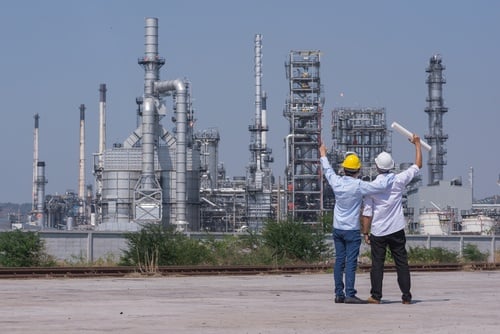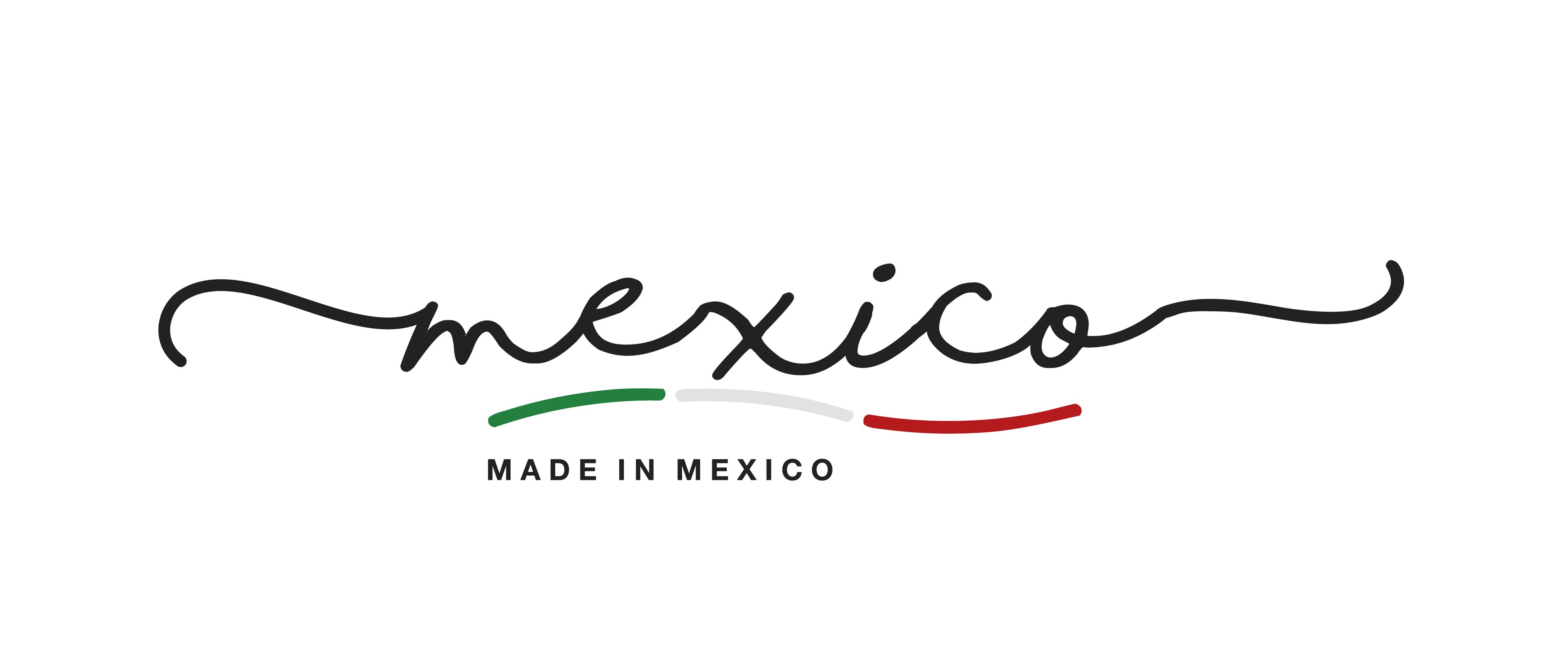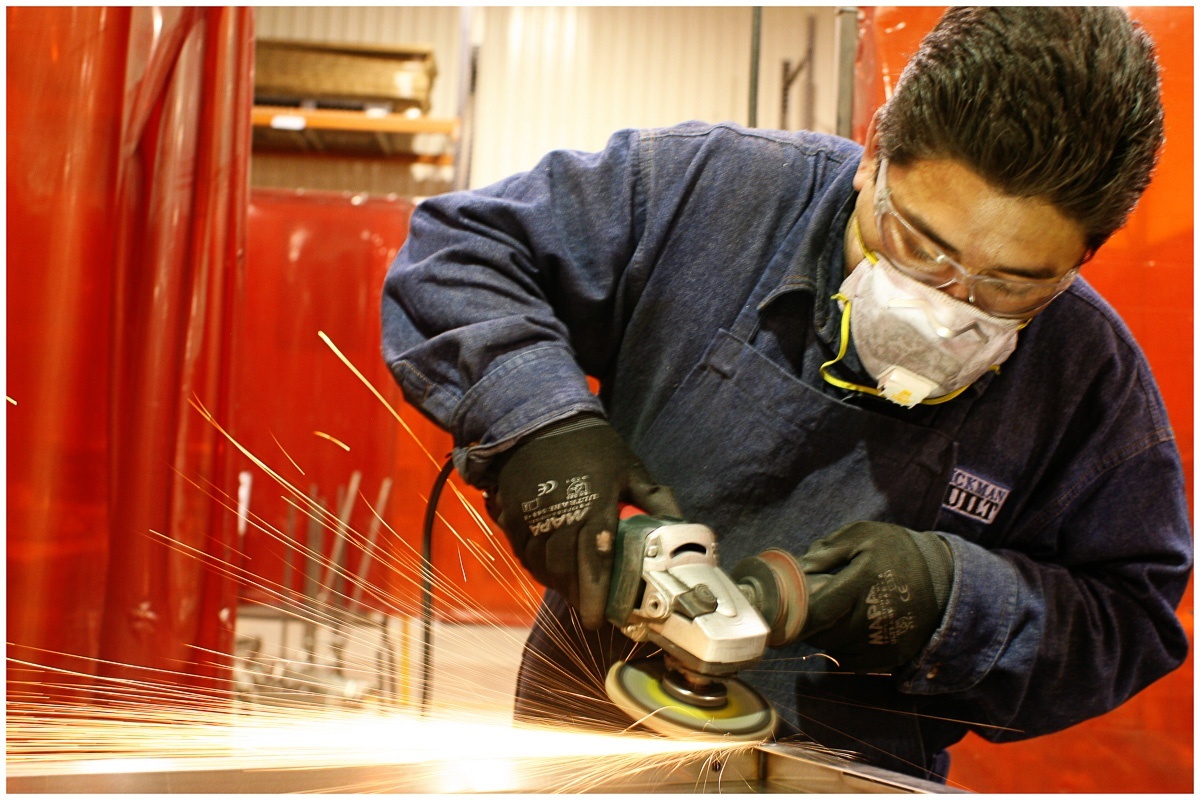Manufacturing is a term that refers to the process of turning raw materials or components into finished products that are ready for sale. In simpler terms—it is the process of making things. Manufacturing plays a crucial role in our lives, as it produces everything from the products we use daily to the machines that make them.
In this article, we discuss the basics of manufacturing, including its definition, types, and examples. Mexico manufacturing solutions serve as a prominent option for businesses looking to expand and optimize their production capabilities.
What Is Manufacturing?
Manufacturing is a broad term that encompasses a wide range of activities related to the production of goods. It involves the use of raw materials, machines, and labor to create a final product. Manufacturing can take place in factories, mills, plants or any facility that is designed to produce mass volumes of goods.
The process of manufacturing can be broken down into several stages, including: design, prototype creation, production, and quality control. The ultimate goal of manufacturing is to create a high-quality product that meets specific customer needs.
Types of Manufacturing
There are several types of manufacturing, each specializing in a specific process or product. They include:
- Mass production: This type of manufacturing involves the production of large quantities of identical products using assembly line processes.
- Batch production: This type involves the production of a specific quantity of products at once. It is used when a product’s demand is uncertain and fluctuates over time.
- Additive manufacturing: This type refers to the process of creating an object by adding layers of material until the final product is complete. Examples of additive manufacturing include 3D printing and rapid prototyping.
- Subtractive manufacturing: In this type of manufacturing, raw materials are cut, drilled, or machined to remove excess material resulting in the desired shape. Examples of subtractive manufacturing include machining, drilling, lathe work, milling, and stamping.
- Assembly manufacturing: When we think of manufacturing, we typically imagine assembly manufacturing. It requires assembling individual components to create the final product. Examples of assembly manufacturing include car manufacturing, toy manufacturing, and electronics manufacturing.
- Continuous manufacturing: This type of manufacturing involves the use of specialized and automated processes that work continuously to produce products. Examples of continuous manufacturing include the manufacturing of chemicals, fuels, and plastics.
Examples of Manufacturing
Manufacturing is an incredibly diverse field and it is used to produce everything from the clothes we wear, to the cars we drive, to the electronics and appliances we use every day. Some examples of products that are manufactured include:
- Automobiles and other vehicles
- Consumer electronics, such as smartphones and laptops
- Pharmaceutical products, such as pills and capsules
- Food products, such as cereal and snacks
- Building materials, such as bricks and cement
Importance of Manufacturing
Manufacturing is responsible for many of the products and technologies that we rely on daily, and without it, life would be very different. It is also one of the biggest employment sectors.
The manufacturing industries play a vital role in the economy, providing employment opportunities and contributing to the gross domestic product (GDP). It is also essential for maintaining and improving the standard of living of people around the world. However, the sector faces numerous challenges in the manufacturing process, which must be navigated and overcome to ensure success.
Future of Manufacturing
The future of manufacturing is constantly evolving as new technologies emerge, offering solutions to the problems of manufacturing industries. Many manufacturers are adopting technologies such as automation and artificial intelligence to improve efficiency and reduce costs. It is also becoming increasingly important for manufacturers to consider sustainability in their operations, with many companies committed to reducing their carbon footprint and adopting eco-friendly practices.
The Future of Manufacturing
Manufacturing is a complex and diverse field that forms the backbone of our economy. It involves the use of raw materials, machines, and labor to produce finished products that meet customer needs. There are several types of manufacturing, including mass production, batch production, job shop production, and continuous production.
Examples of products that are manufactured include vehicles, electronics, pharmaceuticals, and building materials. It is important to note that these categories are not mutually exclusive, and that manufacturing processes can overlap or combine elements from different types. The future of manufacturing is constantly changing, with new technologies emerging and a growing emphasis on sustainability.
Understanding the basics of manufacturing is essential for any business owner or individual looking to work with or invest in the manufacturing industry. With the right knowledge, anyone can make informed decisions and participate in this critical sector of the economy!
Subscribe
Sign up and stay informed with tips, updates, and best practices for manufacturing in Mexico.





